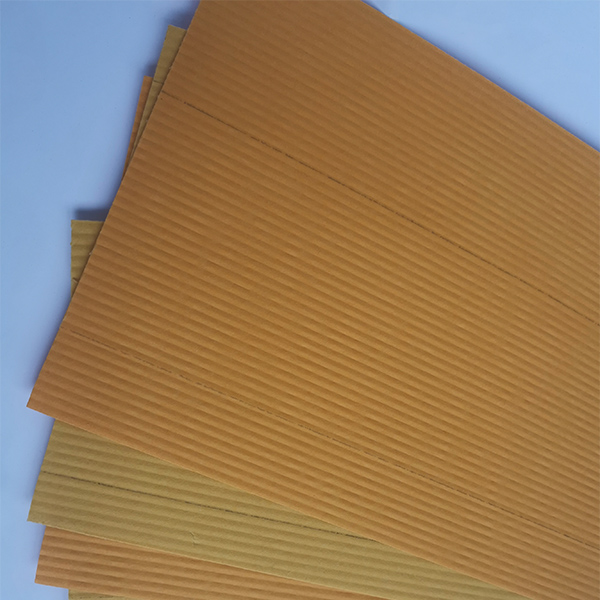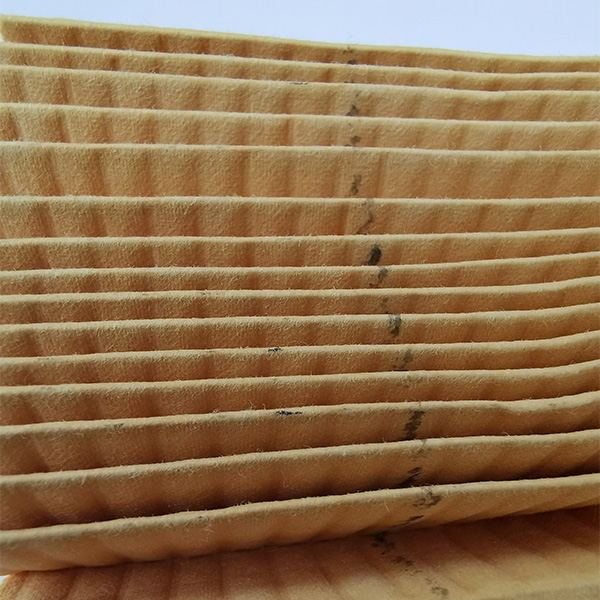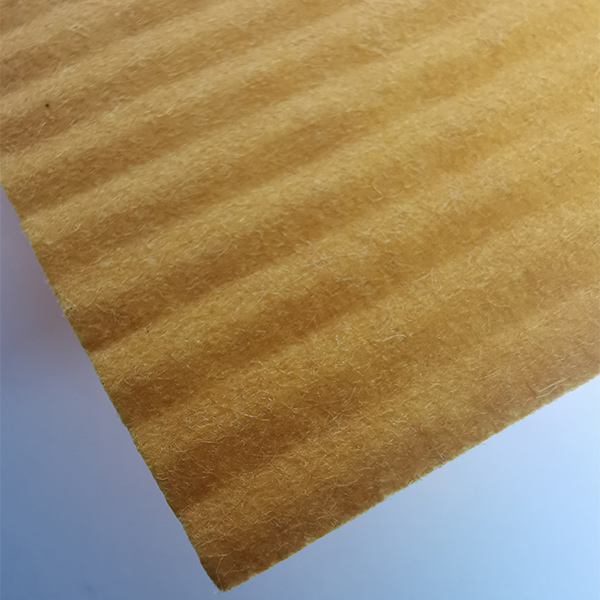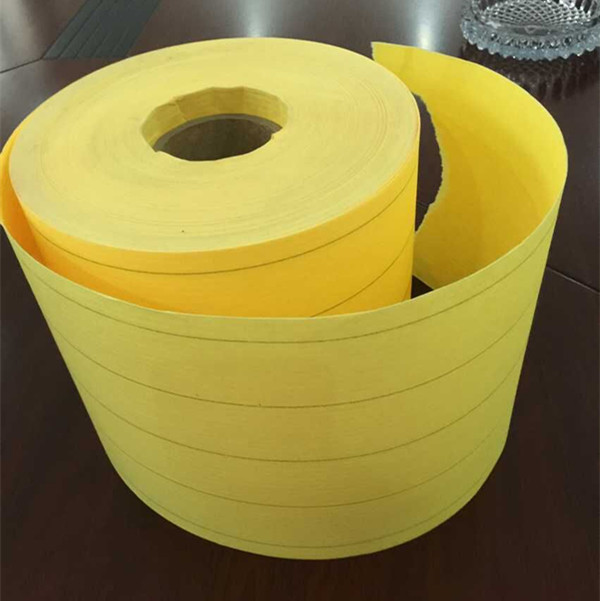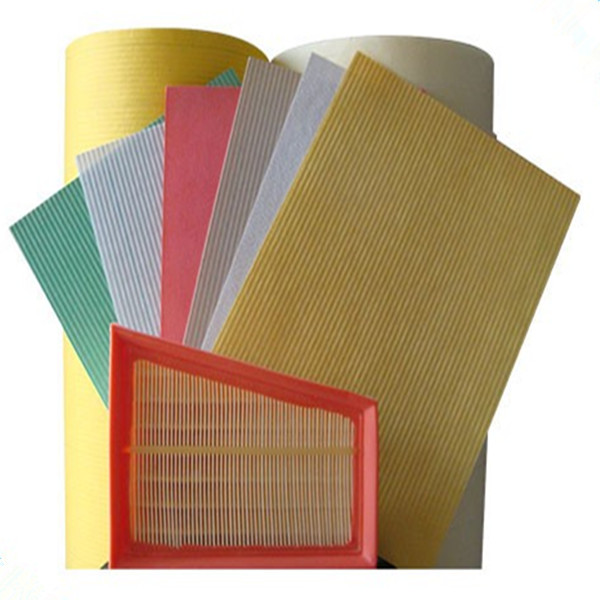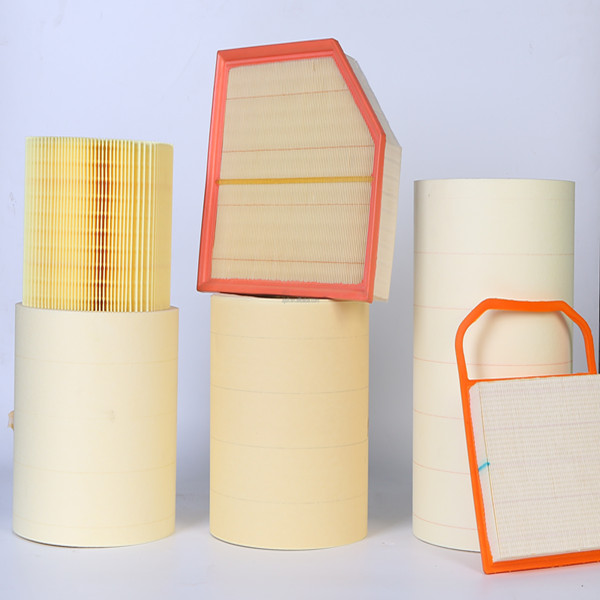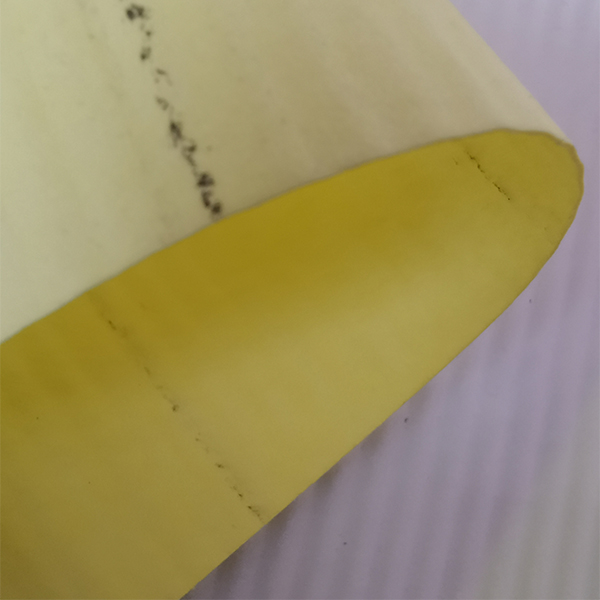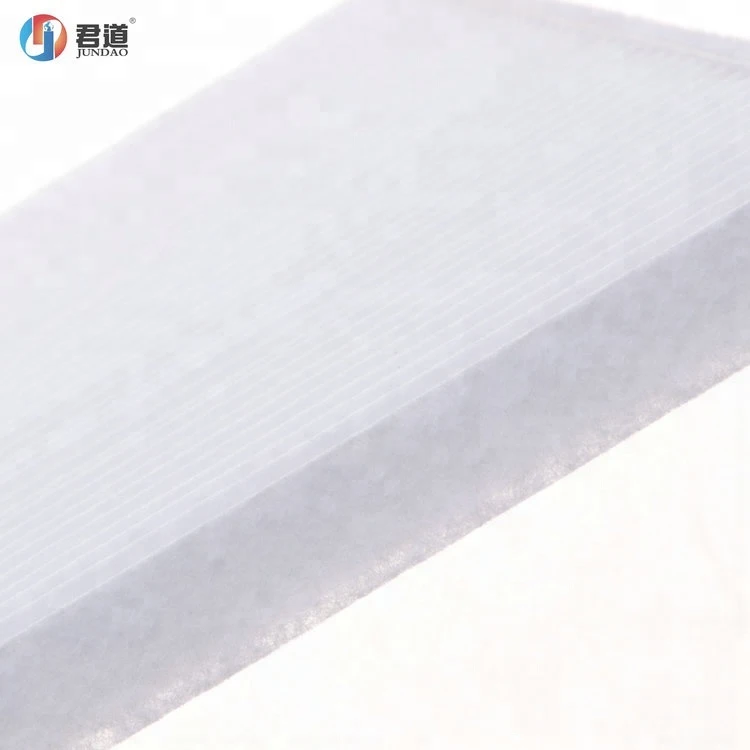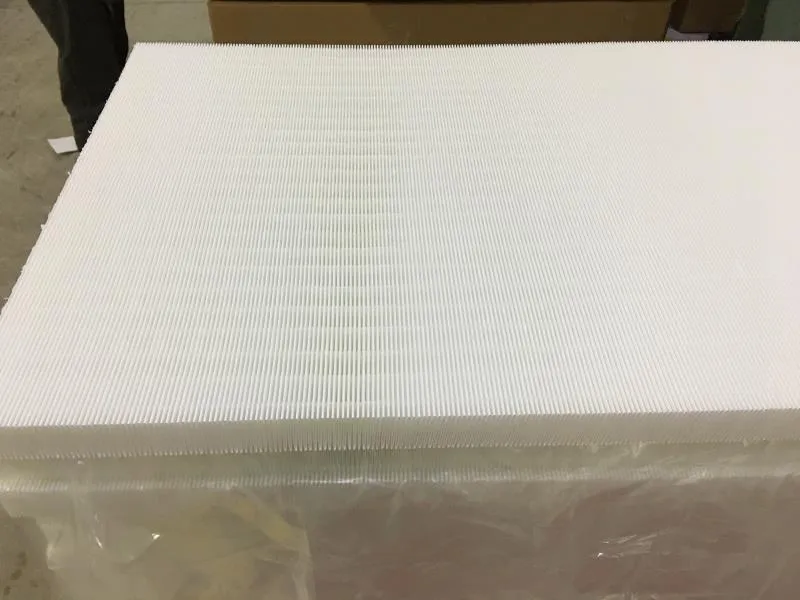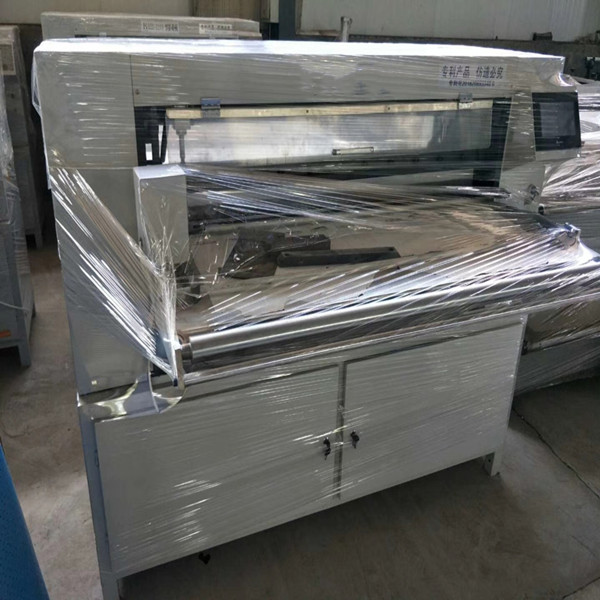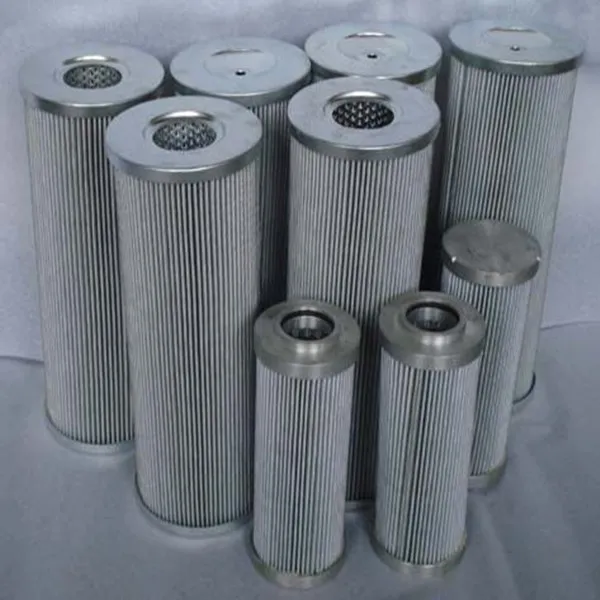Pepa tātari wahie
He mea hanga tenei papaaho tātari ki te penupenu rakau kounga teitei hei rauemi mata.
Āhuahira Hua:
He pai te uruhanga o te hau
Te tika o te tātari me te whai hua
Te kaha pupuri puehu teitei
Te pakari me te parenga pakaru
Taupānga: Te tātari hinu mo nga momo waka, nga taputapu miihini.
Whakaahuatanga Hua:
Rauemi Cellulose, he mea tito ranei ki te parauri rewa
Resin Kiriaku
Taumaha Taketake 90-350g/m2
Te Whakaaetanga Hau 35-240L/m2s
Korero: Ko etahi atu korero e waatea ana i runga i te hiahia a te kaihoko, i te tauira ranei.
How to choose the right fuel filter paper for your vehicle or equipment
Selecting the correct fuel filter paper depends on factors such as fuel type, operating conditions, and filtration requirements. First, consider the fuel compatibility—diesel, gasoline, or biofuels may require different media due to varying chemical resistance needs. Next, assess the micron rating, which determines the size of particles the filter can trap; finer filtration (e.g., 5-10 microns) is ideal for modern fuel injection systems, while older engines may tolerate slightly larger particles. Material composition is also critical—synthetic fibers offer better durability and water resistance than cellulose in harsh environments. Additionally, check the flow rate to ensure the filter doesn’t restrict fuel delivery. For heavy-duty or high-performance applications, opt for reinforced filter paper with resin treatments for added strength. Always consult the manufacturer’s specifications to match the filter to your engine’s requirements.
Benefits of high-quality fuel filter paper in engine protection
High-quality fuel filter paper plays a vital role in safeguarding engines by removing contaminants such as dirt, rust, and water from fuel before they reach critical components. Superior filtration efficiency prevents abrasive particles from damaging fuel injectors, pumps, and combustion chambers, ensuring optimal performance and fuel economy. A robust filter media also resists degradation from fuel additives and extreme temperatures, maintaining its effectiveness over time. By trapping impurities, it reduces engine wear, minimizes maintenance costs, and extends the lifespan of the fuel system. Additionally, high dirt-holding capacity allows the filter to operate longer without clogging, reducing replacement frequency. Investing in premium fuel filter paper ultimately enhances engine reliability, reduces emissions, and prevents costly breakdowns.
Applications of fuel filter paper
In automotive systems, fuel filter paper is essential for gasoline and diesel engines, ensuring clean fuel reaches injectors and combustion chambers for efficient operation. Marine engines rely on specialized fuel filters to handle water contamination and harsh saltwater conditions, preventing corrosion and fuel system failures. For generators and industrial equipment, fuel filter paper maintains steady fuel flow, preventing clogs that could disrupt power supply or machinery performance. In all these applications, the filter media must withstand varying pressures, temperatures, and fuel compositions while maintaining high filtration efficiency. Whether in passenger cars, commercial ships, or backup power systems, fuel filter paper is a critical component in maintaining engine health and operational reliability.

